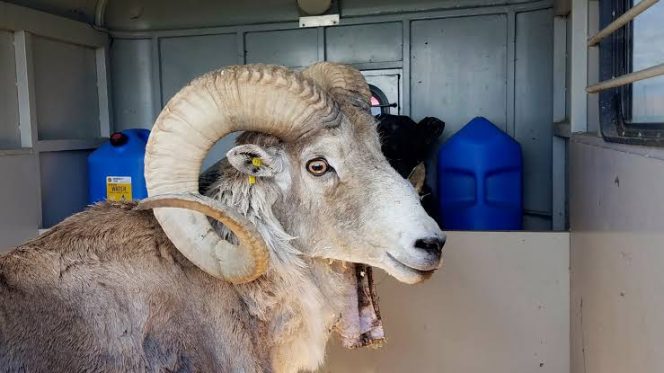INTERNEWSTIMES.COM – A Montana breeder has been sentenced to six months in federal prison for illegally cloning endangered Marco Polo argali sheep and selling their offspring to private hunting preserves. Arthur “Jack” Schubarth, 81, owner of Sun River Enterprises LLC, was found guilty of violating the Endangered Species Act and the Lacey Act, which prohibits the interstate transport of illegally taken wildlife.

Schubarth’s audacious scheme involved importing genetic material from the Marco Polo argali, native to the mountains of Central Asia, and using it to create a cloned male he named “Montana Mountain King” (MMK). He then used MMK to inseminate ewes, selling the resulting hybrid sheep to private hunting preserves where they were hunted for trophies.
The Marco Polo argali, the world’s largest sheep species, is protected by the Convention on International Trade in Endangered Species (CITES) and is prohibited in Montana to prevent the spread of disease and the creation of hybrids. Schubarth’s actions were met with outrage from conservationists, who condemned his disregard for the protection of endangered species and his contribution to the lucrative trophy hunting industry.
Court documents revealed that Schubarth sold MMK semen and hybrid sheep to clients in Texas and Minnesota, with some offspring fetching as much as $10,000. During the sentencing hearing, District Court Judge Brian Morris acknowledged Schubarth’s remorse but emphasized the need to deter future attempts to manipulate the genetic makeup of endangered species for commercial gain.
In addition to the prison sentence, Schubarth was fined $20,000. The case serves as a stark reminder of the ethical challenges posed by cloning endangered species and its potential to fuel a market for trophy hunting. (Red)























